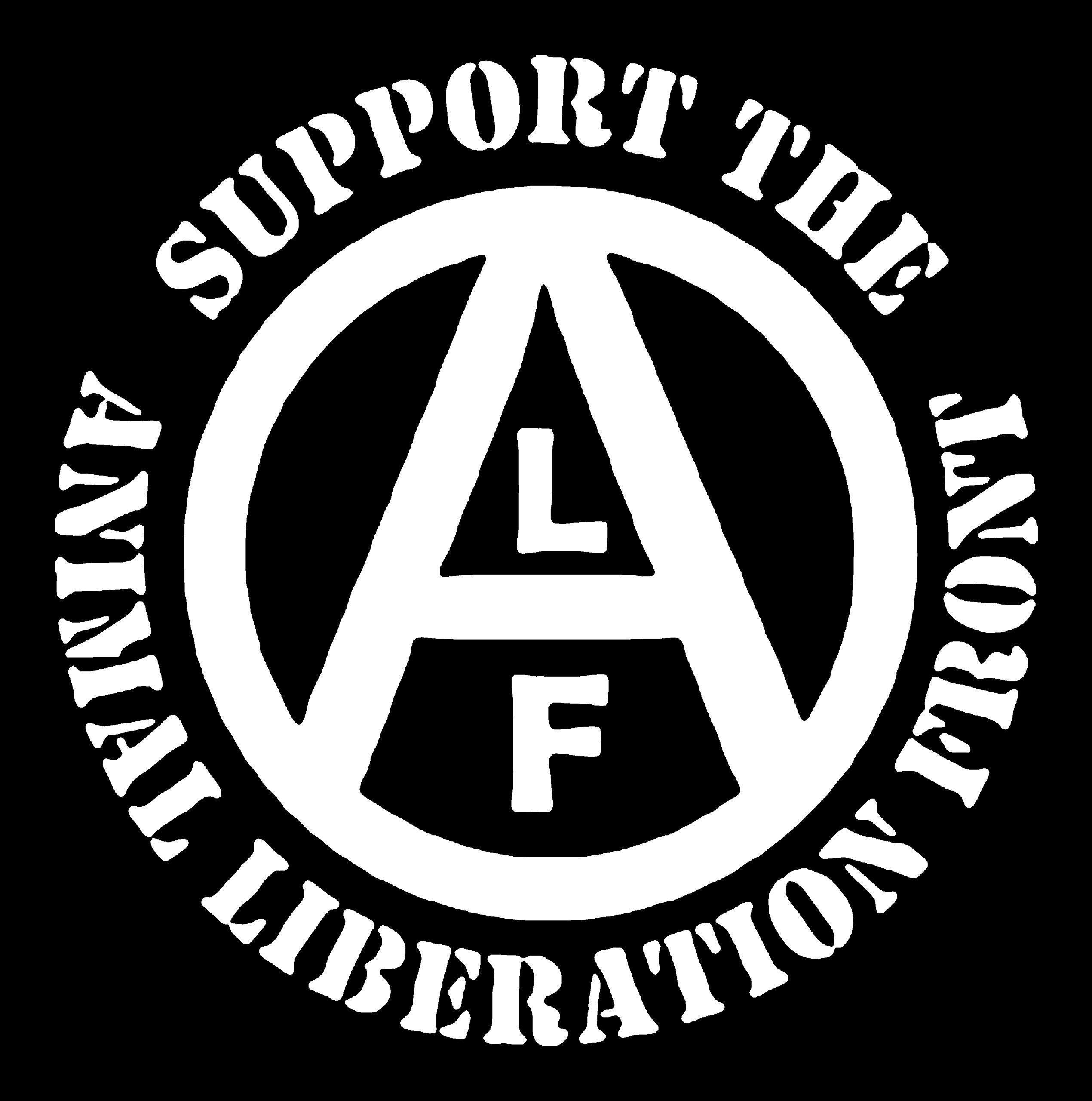Al-Ma'arri (973-1057), whose full name was Abu 'L'Ala Ahmad ibn 'Abdallah al-Ma'arri, was born in Ma'arra, south of Aleppo. He achieved fame as one of greatest of Arab poets. Al-Ma'arri was stricken with smallpox when four and became blind. As he grew older, he was able to travel to Aleppo, Antioch and other Syrian cities, learning by heart the manuscripts preserved there.
Al-Ma'arri spent 18 months at Baghdad, then the center of learning and poetry, leaving to return to his native town. There he created the Luzumiyyat, a large collection of verses that contrasts from traditional works by its irregular structure and in the opinions it contains. His presence in Ma'arra drew many people, who came to hear him lecture on poetry and rhetoric.
Of himself, al-Ma'arri wrote "Men of acute mind call me an ascetic, but they are wrong in their diagnosis. Although I disciplined my desires, I only abandoned worldly pleasures because the best of these withdrew themselves from me." But his somewhat misanthropic nature appears in another remark: "I was made an abstainer from mankind by my acquaintance with them and my knowledge that created beings are dust."
Al-Ma'arri remarked that monks in their cloisters or devotees in their mosques were blindly following the beliefs of their locality: if they were born among Magians or Sabians they would have become Magians or Sabians. Al-Ma'arri was a rationalist who valued reason above tradition or revelation.
Like Carvaka he saw religion in general as a human institution invented as a source of power and income for its founders and priesthood, who pursued worldly ends with forged documents attributed to divine inspiration. Like Vardhamana and the Jains, al-Ma'arri believed in the sanctity of life, urging that no living creature should be harmed. He became a vegetarian and opposed all killing of animals, and the use of animal skins for clothing. :vegan-edge:
Al-Ma'arri passed judgments with a freedom that must have offended the privileged members of his society. In Reynold Nicholson's words "Amidst his meditations on the human tragedy, a fierce hatred of injustice, hypocrisy, and superstition blazes out." Many of the extracts below are taken from Nicholson's translation.
Question of the day :lenin-cat:
whats your favorite vegetarian/vegan dish :bean-think:
The State and Revolution :flag-su:
:lenin-shining: :unity: :kropotkin-shining:
The Conquest of Bread
:ancom:
Remember, sort by new you :LIB:
Yesterday’s megathread :sad-boi:
Follow the ChapoChat twitter account :comrade-birdie:
THEORY; it’s good for what ails you (all kinds of tendencies inside!) :RIchard-D-Wolff:
COMMUNITY CALENDAR - AN EXPERIMENT IN PROMOTING USER ORGANIZING EFFORTS :af:
Join the fresh and beautiful batch of new comms:
!finance@hexbear.net :deng-salute:
!agitprop@hexbear.net :allende-rhetoric:
!recovery@hexbear.net :left-unity-2:
!neurodiverse@hexbear.net :Care-Comrade:
Megathread requested by @Lord_ofThe_FLIES :vegan-edge:


I see what you mean. I think that's why i don't like it - it softens what is inherently a complete failure of society. To me, i see the softening as equivalent to the differences between "a man passed away after a confrontation with the police" vs "a man died after being shot by the police"
This article that someone else posted in support of the word "houseless" actually has some quotes that captures the way i feel. https://medium.com/warm-hearts/the-word-houseless-made-me-rethink-perceptions-of-homeless-people-31f0707e517d
People living on the streets are not PERMITTED to have a permanent home and that is a large part of their oppression imho, and i don't want that be erased. BUT i definitely don't want to use words that evoke a negative stigma for my comrades.
Idk language sucks and is hard lol, let's just start the revolution already so we can stop dithering about words and give people houses